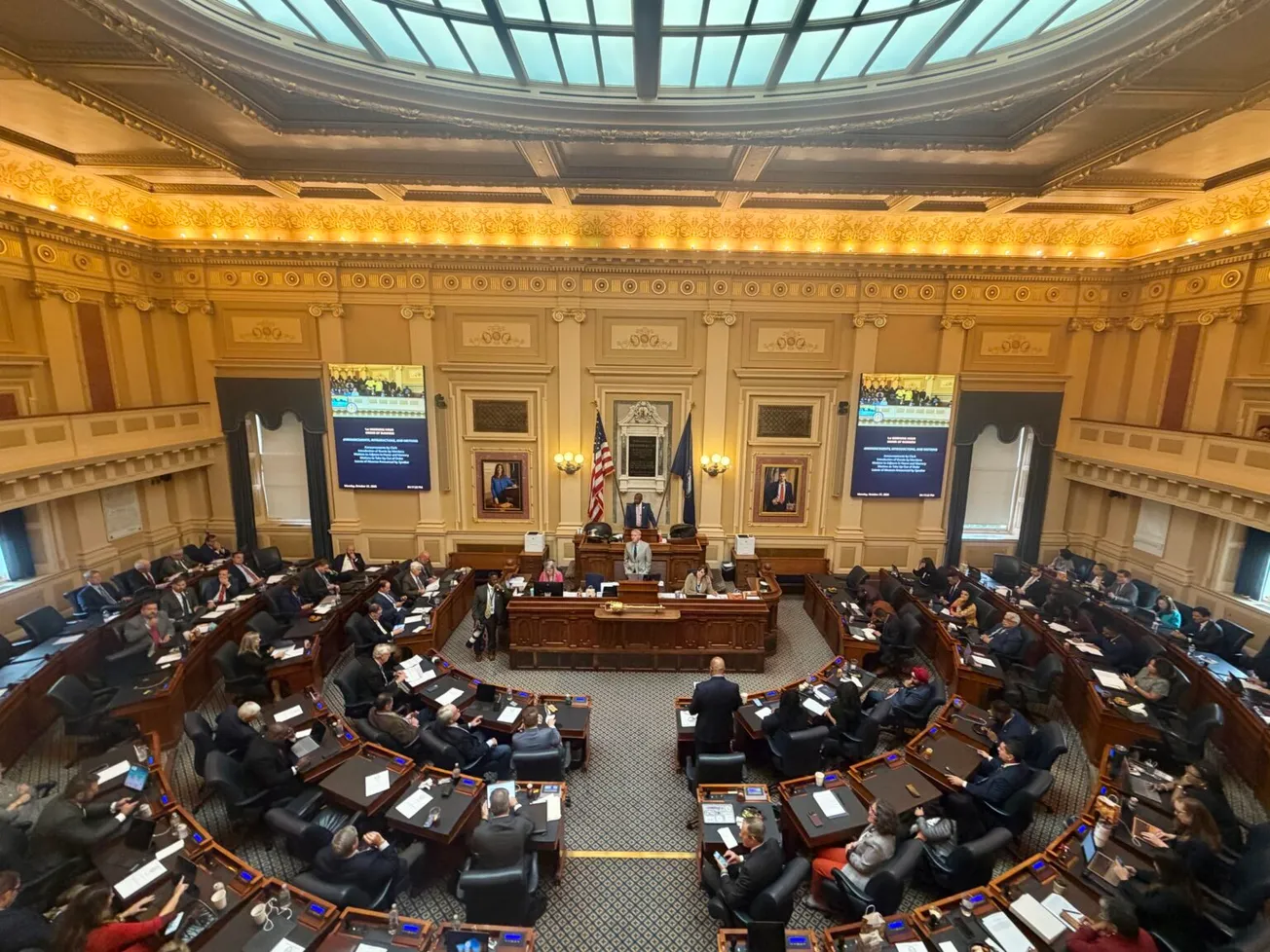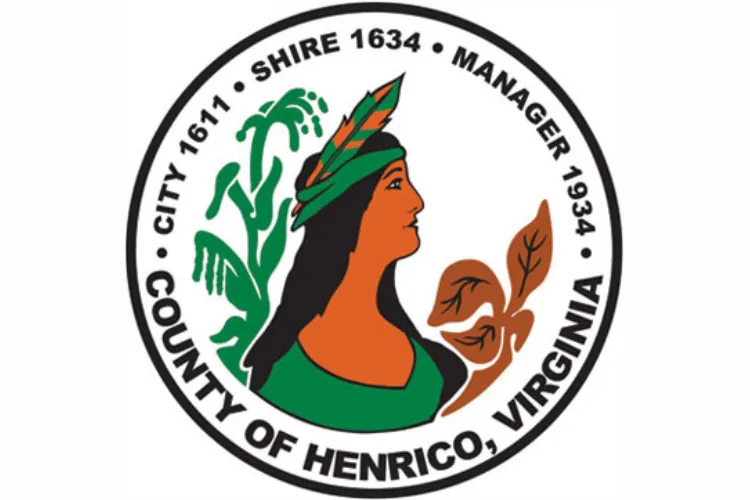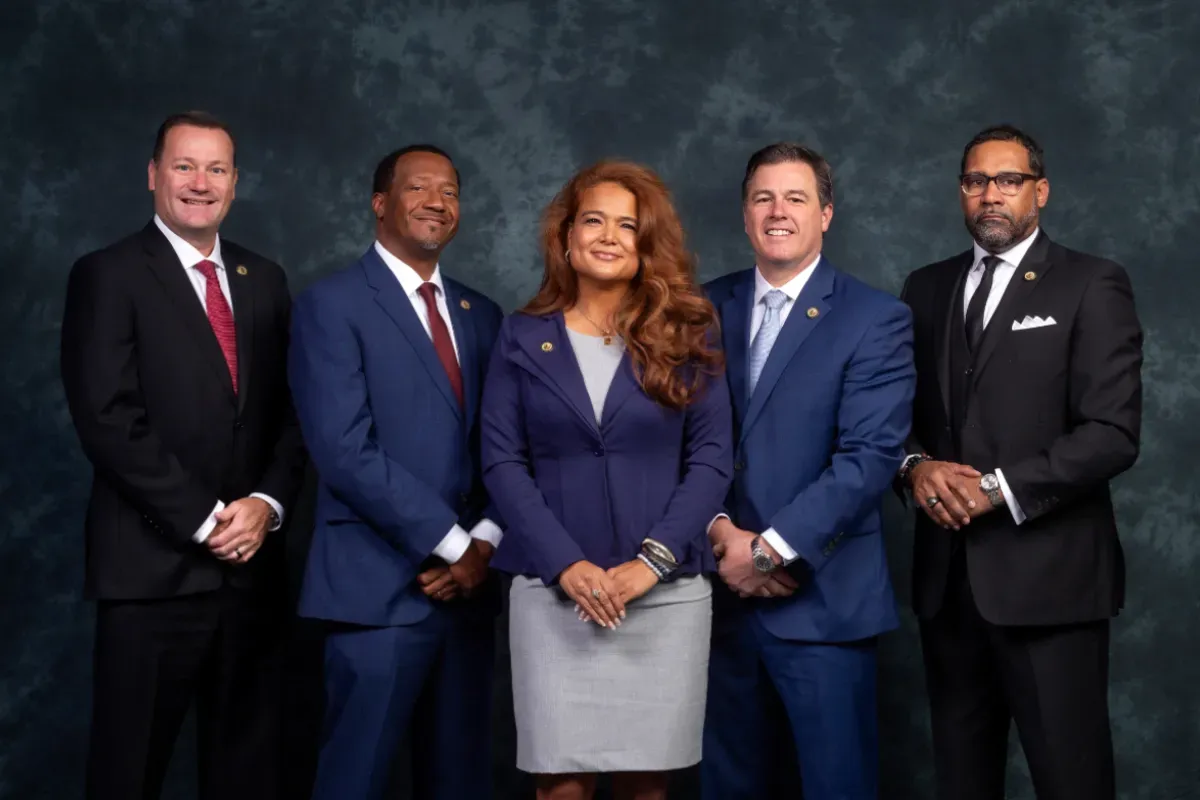Democrats push redistricting amendment as special session jolts Virginia ahead of election
House expands scope of General Assembly session, clearing way to take up proposed constitutional change; Republicans decry move as unconstitutional and politically driven





